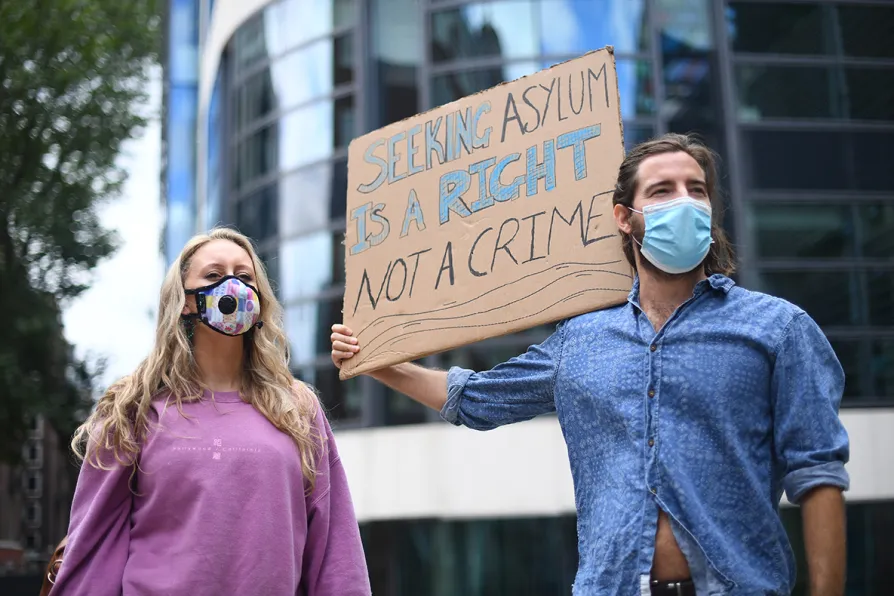Public inquiry urged to investigate ‘systemic failures’ of detention system in Britain

 Campaigners outside the Home Office in London, protesting against the conditions inside Brook House immigration removal centre
Campaigners outside the Home Office in London, protesting against the conditions inside Brook House immigration removal centre
A PUBLIC inquiry into alleged abuse of detainees at Brook House has been urged to investigate “systemic failures” across Britain’s detention system.
The probe, set up last year, is investigating what happened at the immigration removal centre, run by G4S at the time, after a BBC Panorama documentary exposed alleged abuse by employees against detainees.
Footage obtained by a former G4S employee in 2017 showed colleagues physically and verbally abusing detainees, with one member of staff strangling a man.
Similar stories

As the cover-ups collapse, IAN SINCLAIR looks at the shocking testimony from British forces who would ‘go in and shoot everyone sleeping there’ during night raids — illegal, systematic murder spawned by an illegal invasion

MPs condemn Home Office after it wasted £15.4m on derelict prison to house asylum seekers












